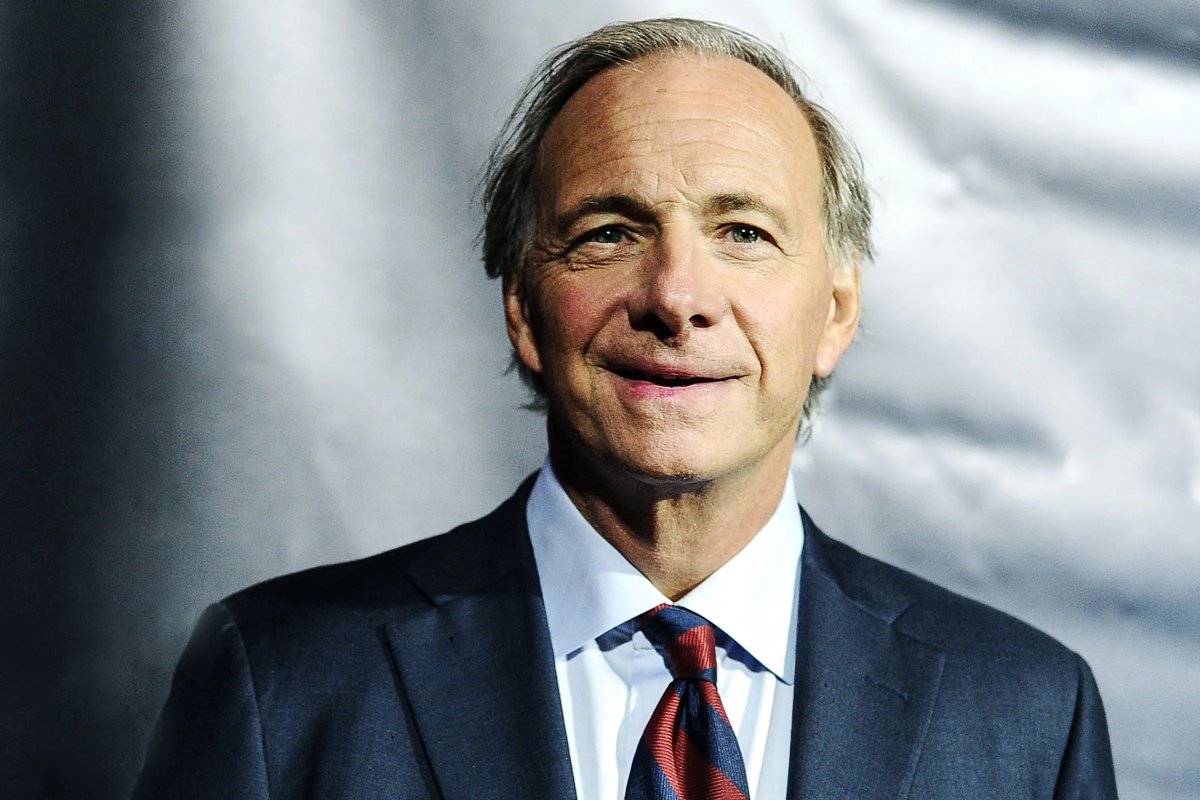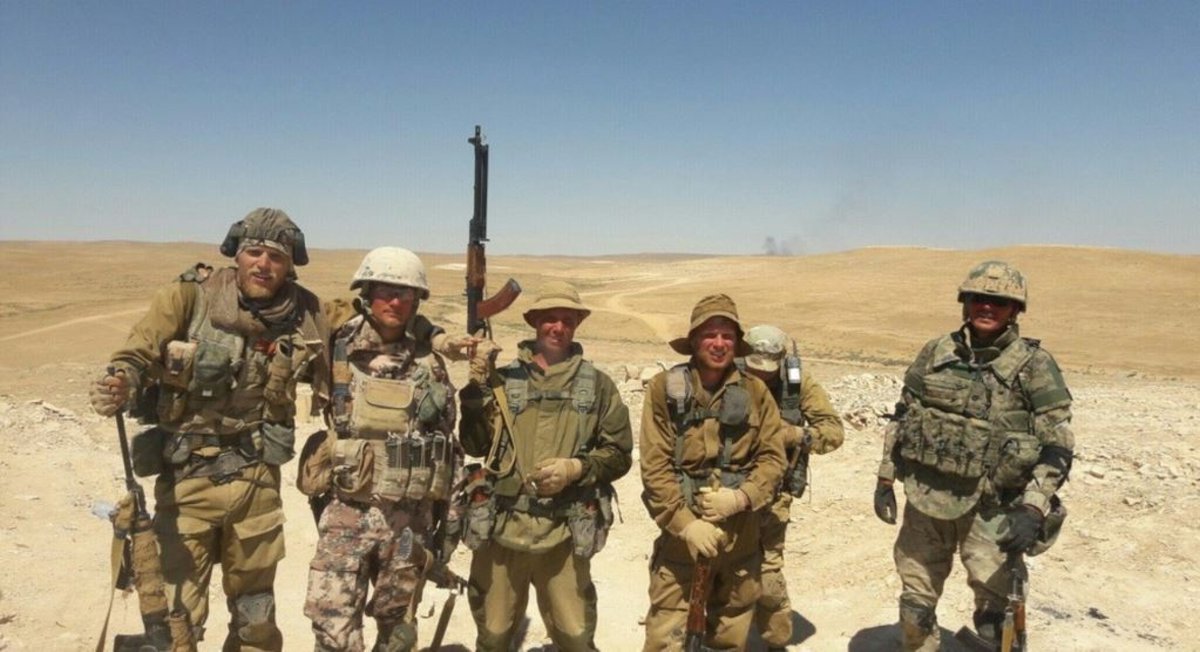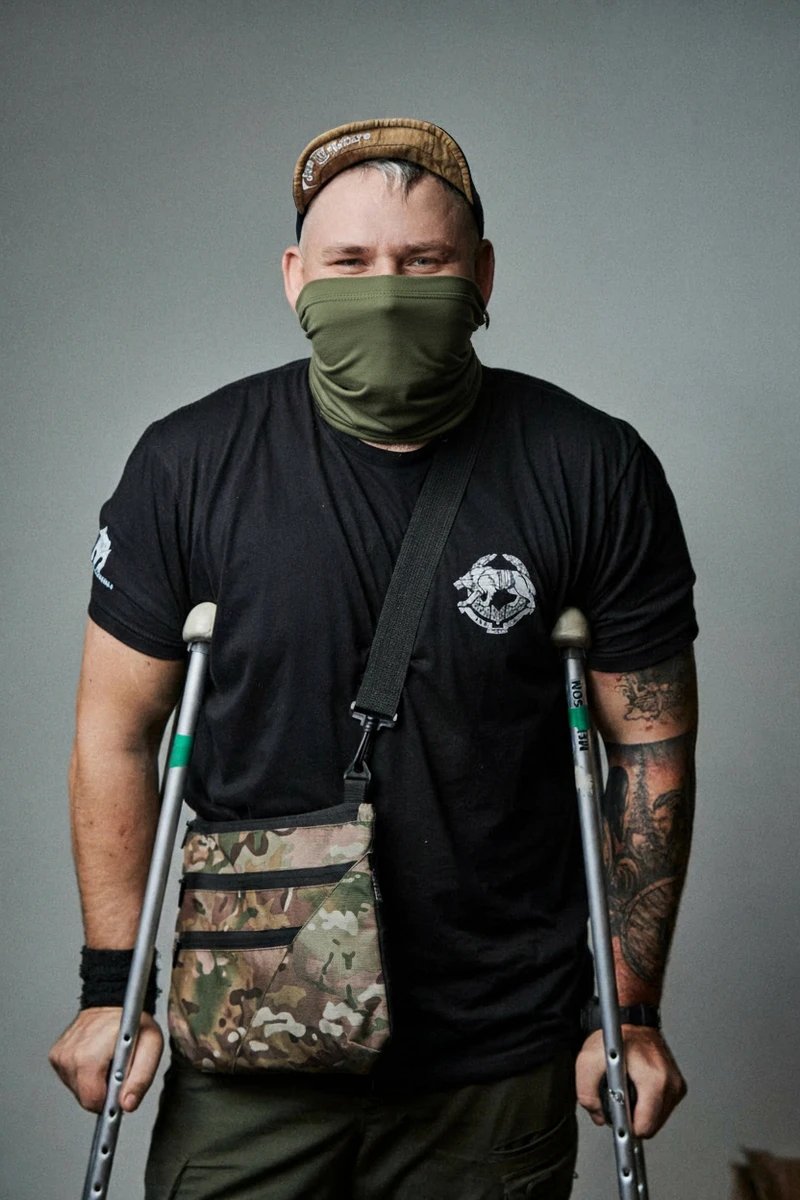The drama continues
Ukraine has informed the White House that President Zelensky plans to fire top commander Zaluzhny. The White House did not object, seeing it as Ukraine's sovereign choice.
1/

Ukraine has informed the White House that President Zelensky plans to fire top commander Zaluzhny. The White House did not object, seeing it as Ukraine's sovereign choice.
1/
https://x.com/mylovanov/status/1752376641547039078?s=46&t=NCxYGexKdeAF9fogpzZAOg

Zelensky and Zaluzhny have clashed over strategy, including Zaluzhny's call for mobilizing 500,000 more troops which Zelensky opposes 2/
Zaluzhny argues more troops are needed to counter Russia's superiority, while Zelensky cites lack of funds and political unpopularity. 3/
This is what the Washington Post and Ukrainian media write.
However, there is at least two other underlying reasons for a conflict. First, the government believes that the army doesn’t use people it recruits efficiently there are old school commanders and practices 4/
However, there is at least two other underlying reasons for a conflict. First, the government believes that the army doesn’t use people it recruits efficiently there are old school commanders and practices 4/
There is criticism about lack of strategy and that the army simply tries to throw bodies at the Russians. While I don’t believe it to be completely true, I agree that the Ukrainian military still has a minority but Soviet style officers and practices. Those have to go 5/
Indirectly, this criticism is acknowledge by Zaluzhny who has been recently public about the new strategy for the army and the need for production and deployment of drones rather than people 6/
https://twitter.com/mylovanov/status/1753130815863607695
The second line of the conflict is about responsibility for mobilization. Legally the recruitment offices are under military command, while in public the responsibility appears to be shifted to the civilian govt. So, the govt puts pressure on the military to become accountable 7/
Of course, the true underlying cause for the conflict is at once deeper and simpler. It is economics 101 - as resources become scarce and weapon stockpiles depleted due to delays in the aid from the allies, the competition over the remaining resources becomes tougher 8/
Similarly, the consequences of policy mistakes become more dire as they are fewer resources to reinforce the policy actions that didn’t go as planned. As a result, disagreements about the right policies are now much more pronounced and fought out 9/
The media writes that Zelensky believes a new commander could help turn the tide of the war, but finding a qualified replacement will be challenging. 10/
Options include intel chief Kyrylo Budanov, known for special ops, or current ground forces commander Oleksandr Syrsky, though both have drawbacks. 11/
Personally, I have been told that Budanov really does NOT want to job. I am not sure about Syrsky. 11/
The Washington Post is pretty critical about Zelensky decision to fire Zaluzhny. To me it signals lack of u estranging of how politics works in Ukraine and what is feasible. Ukraine is not the U.S. and the politics here is even messier. 12/
Nonetheless, this is what WP says:
Four days after telling Zaluzhny he'd be fired, Zelensky still hasn't selected a replacement, leaving Ukraine uncertain about the change.13/
Four days after telling Zaluzhny he'd be fired, Zelensky still hasn't selected a replacement, leaving Ukraine uncertain about the change.13/
Zelensky's move to oust the popular Zaluzhny appears impulsive and poorly planned. Delay suggests indecision or disarray in finding a successor. 14/
My comment: I view delays differently. It is typical in Ukraine to have a gap between a somewhat official announcement of firing a top official and its actual formal implementation 15/
The reasons are complex but basically have to do with the news cycle and disruption of coordination of the opposition to the policy choice. There is less mobilization and resistance if it is unclear whether an official it truly fired and when it actually happens 16/
This is a bit strange for the audience in developed economies and democracies but the moment you realize that institutions are still being developed in Ukraine, you can see how mobilization of the supporters of the person to be fired can derail institutions. 17/
Yesterday, I discussed with some prominent politicians and businessmen Zaluzhny recent public actions. 18/
The WP notices this too: Zaluzhny wrote an article calling for mobilizing more troops and upgrading tech, amounting to a rebuke of Zelensky's stance. 19/
This is one view - Zaluzhny is fighting Zelensky in public. Another one - shared by some of your allies - he is just trying to defend himself. But I am not sure what good this strategy would do him 20/
The WP also points out that Zelensky questioned Zaluzhny's ambitious battle plan for 2024, seeing it as unrealistic given limited personnel and supplies21/
In response, Zaluzhny proposed a futuristic high-tech overhaul to provide intelligence and reduce casualties, claiming it could be done in 5 months. 22/
I personally agree with Zaluzhny proposal - it seems reasonable to me. But it is not new and de facto it is underway. With both the govt and the military trying to develop and provide high tech platforms to the battlefield to save people. So this discussion is rhetorical 23/
The bottom line - Zaluzhny is likely to be replaced shortly, but it won’t have as much political effect as many media and experts write. It will be unpleasant for everyone but won’t have much of an effect on the battlefield either 24X
• • •
Missing some Tweet in this thread? You can try to
force a refresh







